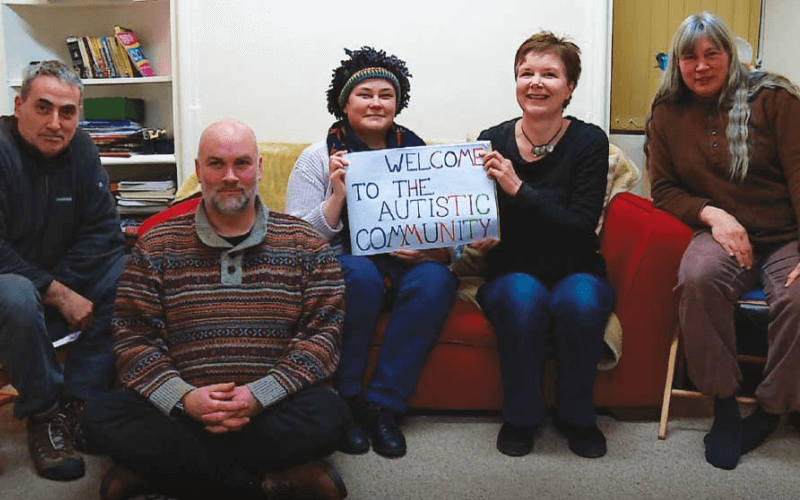A new guide – written solely by autistic people – aims to show care providers, commissioners and inspectors how to provide “quality care” for other autistic people.
An Independent Guide to Quality Care for Autistic People has been written by members of the National Autistic Taskforce (NAT) and has a “heavy emphasis” on developing choice and control for service-users.
The guide says: “The more autonomy a person has, the less support services need to rely on external authorities such as good practice guides, instead looking to the person themselves as the primary source of information, instruction and guidance.”
Among its recommendations is that care providers should make the protection of service-users’ autonomy “a core priority” and ensure they have choice and control over “major life decisions and not just everyday choices”.
The guide adds: “Respect the rights of all people to privacy, dignity and the maximum possible control over their own lives.”
It also says there should be respect for the right of autistic service-users to make “unwise decisions”, while their human rights should be prioritised over any “perceived risks to organisational or personal reputations”.
The guide, which has been endorsed by organisations including the autistic-led Autistic UK and the non-user-led charity the National Autistic Society, warns that even “well-meaning approaches to care may be negative experiences for some autistic people when these do not respect an autistic perspective”.
This could include being subjected to “treatments” that seek to “normalise” the service-user or that try to include them in social activities they do not want to participate in.
The guide says service-providers should carry out regular “sensory reviews” of the places where autistic service-users spend time, ensure “prompt and effective” access to advocacy, and embed “rights-based thinking” in day-to-day practice.
And it says that any “physical intervention, pharmaceutical control of behaviour or any other forms of restraint” should be viewed as service “failures”.
The guide says: “A good service for autistic people is one where staff try to put themselves in an autistic person’s shoes, get to know each person as an individual, and maintain a relationship with the person based on trust and respect.”
And it adds: “A good service for autistic people recognises autistic identity and does not assume that what is ‘normal’ or ‘good’ for non-autistic people is necessarily right for an autistic person.”
The taskforce hopes its new guide will be part of a growing move beyond the idea of co-production of services and “towards autistic leadership”.
Its main author was trainer and consultant Yo Dunn, a member of the NAT executive.
NAT was launched in December 2017 and has received two years’ funding of £100,000 from the Shirley Foundation, with its focus “to help empower autistic adults, including those with less autonomy and higher support needs, to have a stronger voice in the decisions and direction of their own lives”.
A note from the editor:
Please consider making a voluntary financial contribution to support the work of DNS and allow it to continue producing independent, carefully-researched news stories that focus on the lives and rights of disabled people and their user-led organisations.
Please do not contribute if you cannot afford to do so, and please note that DNS is not a charity. It is run and owned by disabled journalist John Pring and has been from its launch in April 2009.
Thank you for anything you can do to support the work of DNS…

 Disabled people receiving care were ‘ignored by design’ during the pandemic, Covid inquiry hears
Disabled people receiving care were ‘ignored by design’ during the pandemic, Covid inquiry hears Disabled MP drops support for assisted dying bill over ‘broken’ social care and health services
Disabled MP drops support for assisted dying bill over ‘broken’ social care and health services Reports send separate warning shots to English and Scottish governments on social care reform
Reports send separate warning shots to English and Scottish governments on social care reform